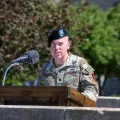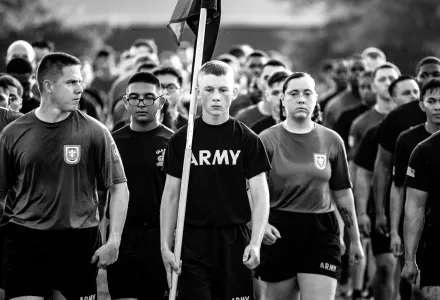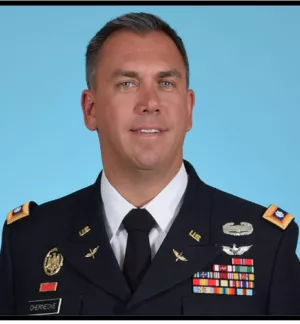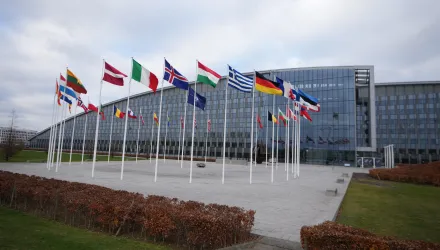From the Inside Out: Achieving Long-Term Army Sustainability through Effective Command Climate
The American public is increasingly losing trust and confidence in the military and has a lower propensity to serve. This has significant implications for the safety and security of the nation. To overcome these issues, the Army must develop a long-term strategy to create a positive organizational culture. This requires senior leaders to focus on educating and training junior Army leaders on how to improve the organizational climate while also modernizing bureaucratic processes that frustrate soldiers and undermine morale.








